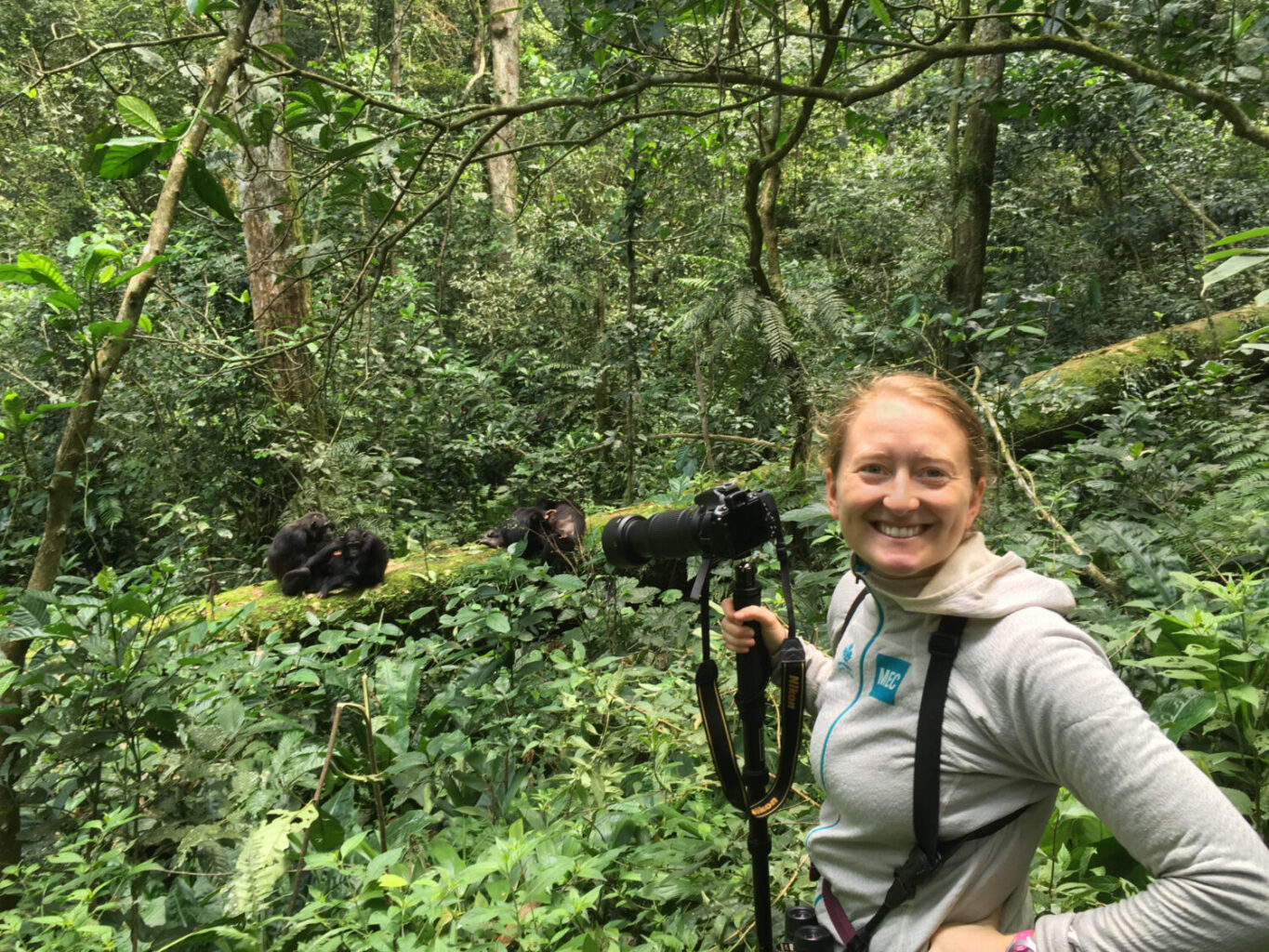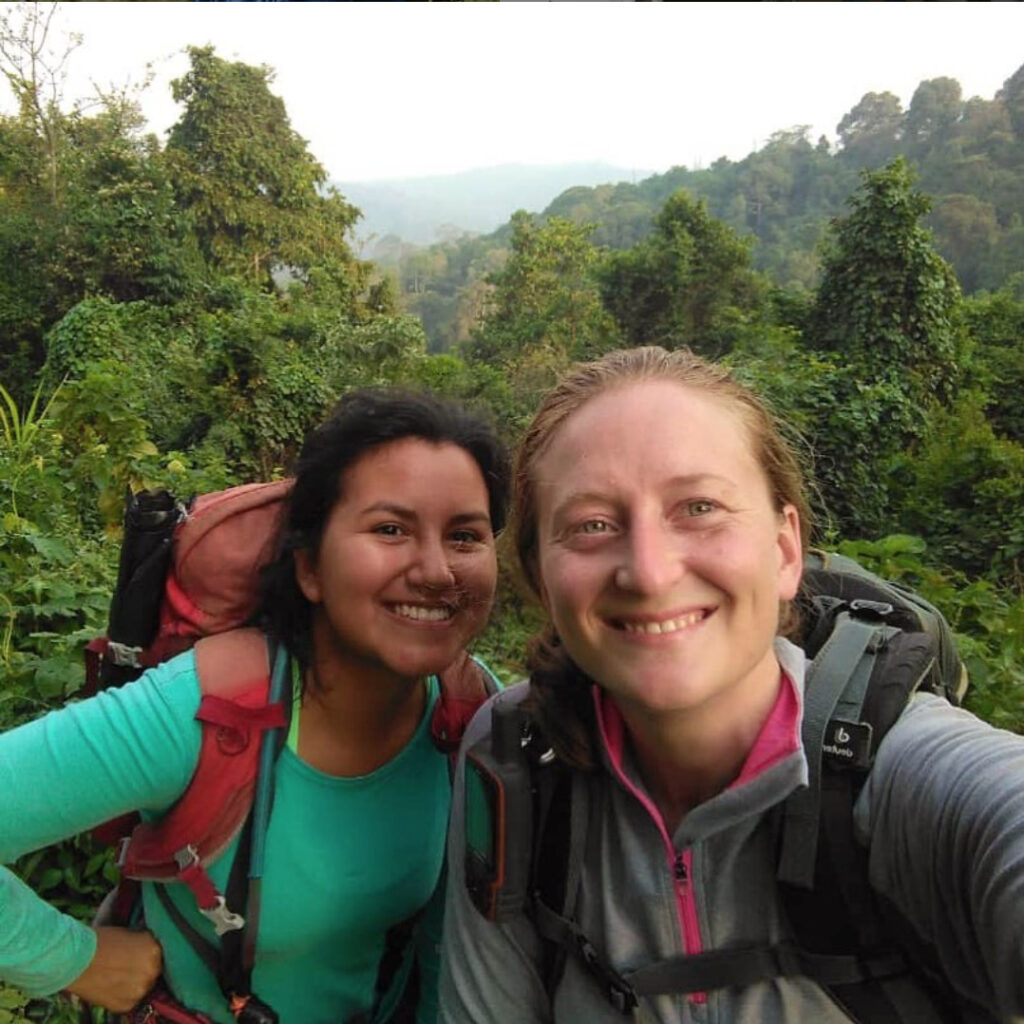Grantee Spotlight

I was raised in a household of strong women – a single mom, three sisters, and no brothers. Growing up, female friendship was a constant in our lives. There were our personal friends coming and going from our house daily, but also the stories of Anne and Diane, Thelma and Louise, even Paris Hilton and Nicole Richie. I took it for granted that deep, long-lasting friendships were normal for girls and women of all ages, and that we were supposed to lean on our sisters and friends for support.
A few years ago, now as an evolutionary anthropologist, I learned that strong female friendships are perhaps not as common as I’d thought. For one, women across the world don’t always have access to female friends or even female relatives if, for example, a woman lives in a society where her participation in public life is limited or if she moves to a new community when she gets married. Further, scientists think that while girls and women tend to form more intimate friendships than their male counterparts, these friendships are typically fewer in number, are terminated more readily, and involve less cooperation compared to friendships between boys or men. I thought this was strange: We know humans are profoundly good at forming wide, cooperative social networks outside of their families, we know that social ties are good for health and longevity, and decades of research on our primate cousins has emphasized the significance of female social bonds for long term health and reproductive success. So, I wondered – why isn’t it so common for women around the world to form strong friendships with each other? Are there constraints? Is it not always beneficial? Actually… what are the evolutionary benefits of female friendship anyway?

For my Leakey Foundation-supported dissertation research, I’ve turned to our close primate relative, the chimpanzee, to investigate the biological roots of female friendship. I’ve spent the last year documenting the social lives of adult female chimpanzees in the Kanyawara community in Kibale National Park, Uganda. Each day I leave camp in the dark and wait under the nests of these ladies until they wake up, and then my field assistant and I follow them all day and record the intimate details of their social interactions. My project focused on the social lives of adult females, but I had a field assistant collect data on each females’ infant while I simultaneously recorded observations on the mother. This way, I can document a complete picture on how female social behavior impacts and is impacted by the social needs of their infants, which I think is probably an important factor shaping their social decisions. We also collect urine samples, and once I am back at the University of New Mexico, I can analyze these samples to address questions like whether females are more social when they have more energy and whether their social choices are linked to their stress levels.
For updates on my research and field experiences, find me on Instagram @stephanielookingup.
Stephanie Fox is a doctoral student at the University of New Mexico. She received a Leakey Foundation grant in 2018 for her project entitled, “Social tolerance and the function of differentiated relationships among wild female chimpanzees.”


